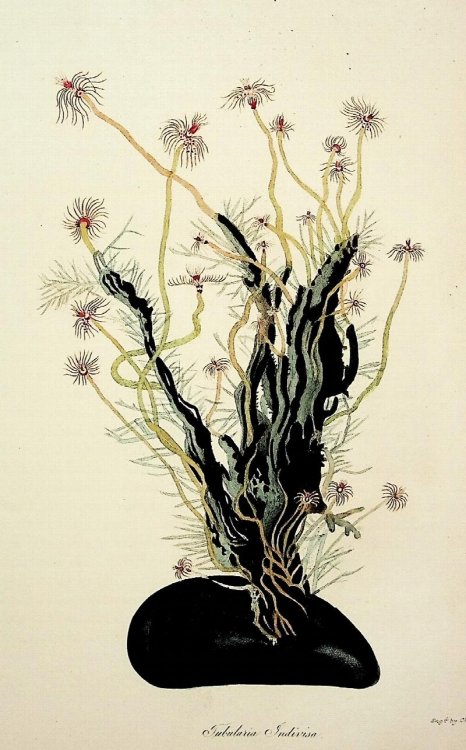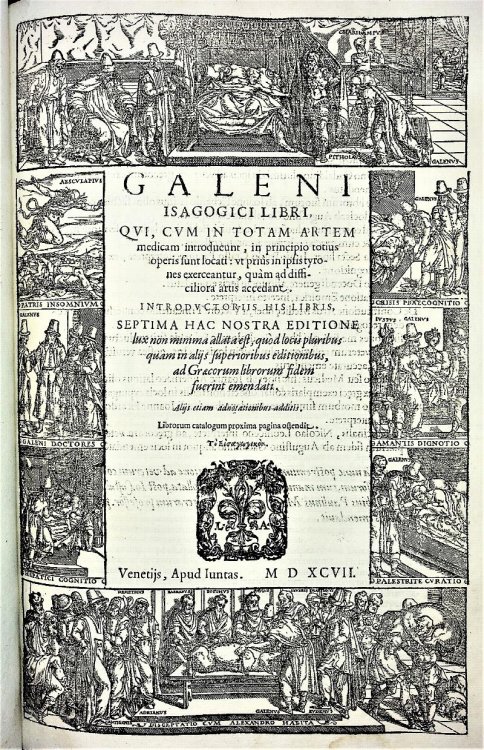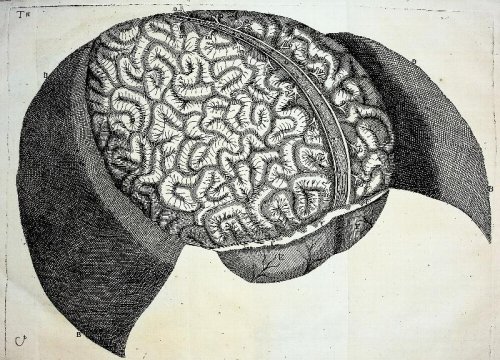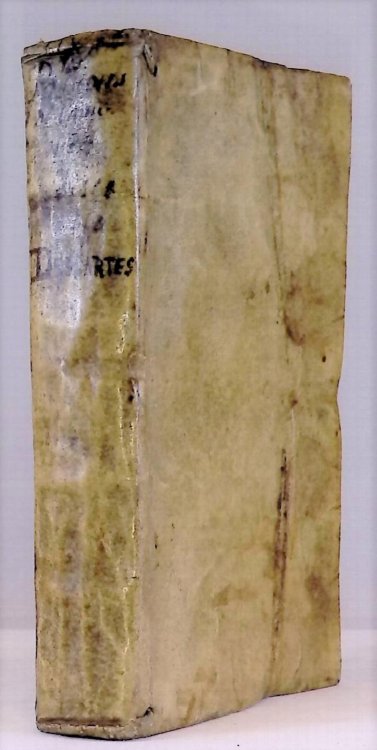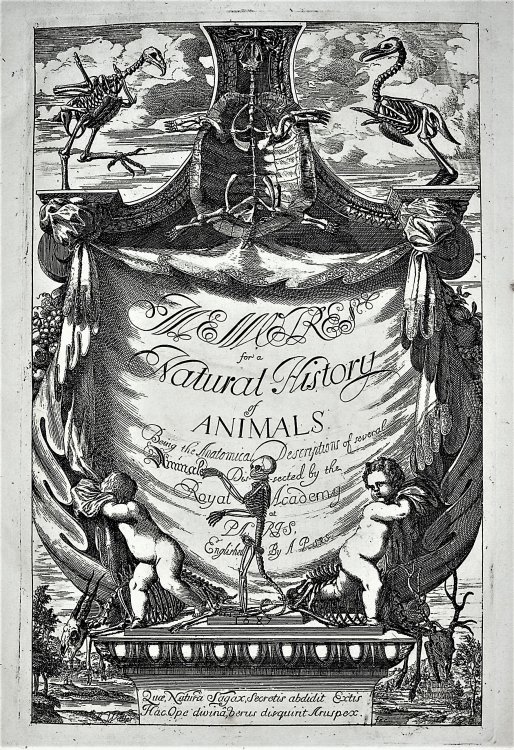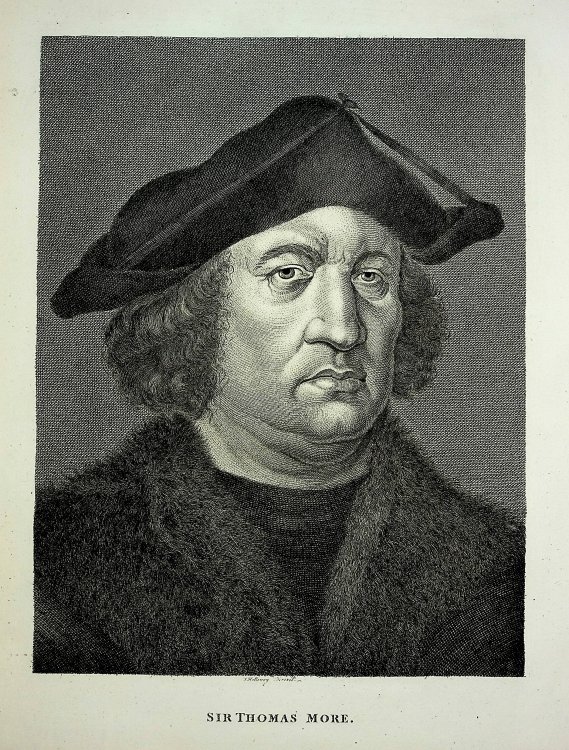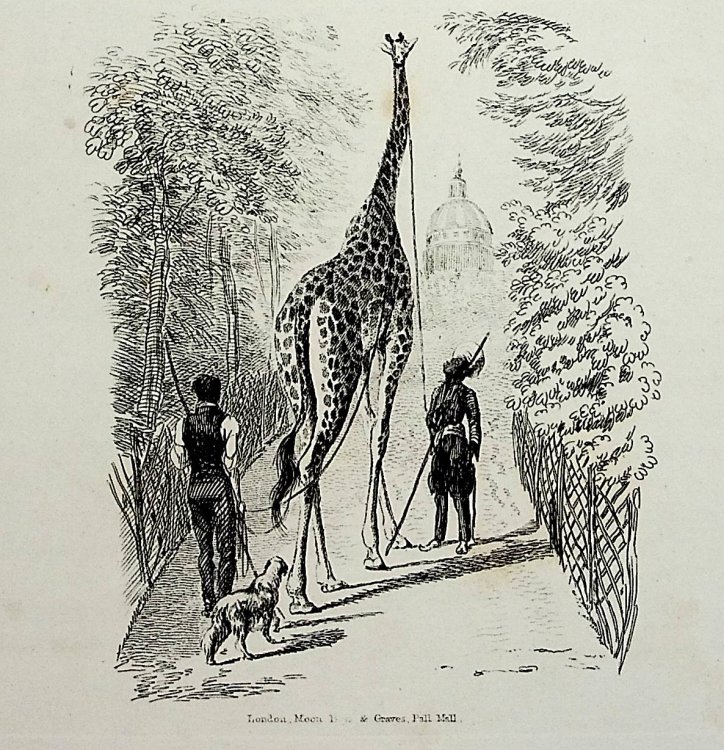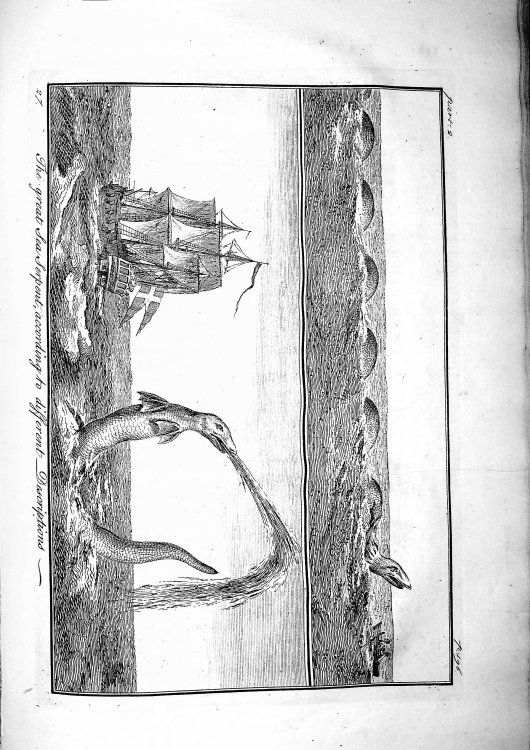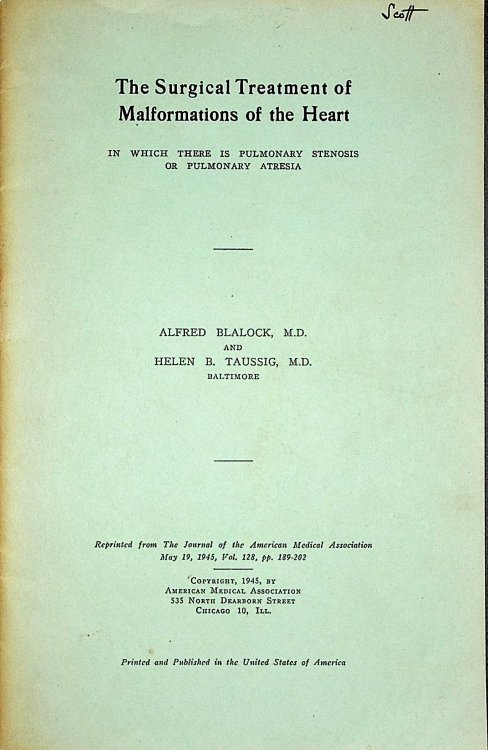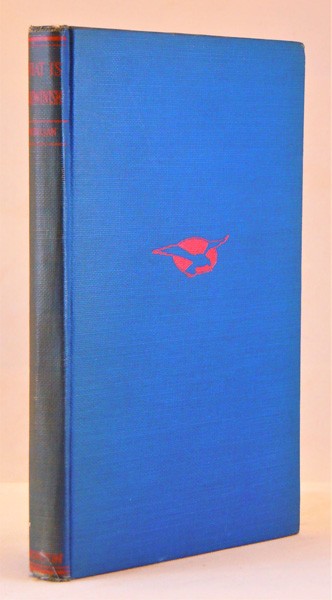
What is Darwinism
$120.00 USD • Used
1929 SCARCE LITTLE BOOK ON DARWINISM BY NOBEL LAUREATE T. H. MORGAN, A KEY FIGURE IN THE MODERN SYNTHESIS. 6 1/2 inches tall hardcover, publisher's navy blue cloth binding with red printed logo to...
1929 SCARCE LITTLE BOOK ON DARWINISM BY NOBEL LAUREATE T. H. MORGAN, A KEY FIGURE IN THE MODERN SYNTHESIS. 6 1/2 inches tall hardcover, publisher's navy blue cloth binding with red printed logo to cover, red printed title to spine, 78 pp, publisher's advertisement. Spine sunned, bottom end of spine frayed, tiny hole punched in corner of back endpaper, all pages crisp and unmarked, very good, no dust jacket, in custom archival mylar cover. THOMAS HUNT MORGAN (1866 - 1945) was an American evolutionary biologist, geneticist, embryologist, and science author who won the Nobel Prize in Physiology or Medicine in 1933 for discoveries elucidating the role that the chromosome plays in heredity. Morgan received his Ph.D. from Johns Hopkins University in zoology in 1890 and researched embryology during his tenure at Bryn Mawr. Following the rediscovery of Mendelian inheritance in 1900, Morgan began to study the genetic characteristics of the fruit fly Drosophila melanogaster. In his famous Fly Room at Columbia University, Morgan demonstrated that genes are carried on chromosomes and are the mechanical basis of heredity. These discoveries formed the basis of the modern science of genetics. As a result of his work, Drosophila became a major model organism in contemporary genetics. In accordance with his reputation, Morgan held numerous prestigious positions in American science organizations. From 1927 to 1931 Morgan served as the President of the National Academy of Sciences; in 1930 he was the President of the American Association for the Advancement of Science; and in 1932 he chaired the Sixth International Congress of Genetics in Ithaca, New York. In 1933 Morgan was awarded the Nobel Prize in Physiology or Medicine. Morgan was interested in evolution throughout his life. He wrote his thesis on the phylogeny of sea spiders (pycnogonids) and wrote four books about evolution. In Evolution and Adaptation (1903), he argued the anti-Darwinist position that selection could never produce wholly new species by acting on slight individual differences. He rejected Darwin's theory of sexual selection and the Neo-Lamarckian theory of the inheritance of acquired characters. Morgan was not the only scientist attacking natural selection. The period 1875"1925 has been called 'The eclipse of Darwinism'. After discovering many small stable heritable mutations in Drosophila, Morgan gradually changed his mind. The relevance of mutations for evolution is that only characters that are inherited can have an effect in evolution. Since Morgan (1915) 'solved the problem of heredity', he was in a unique position to examine critically Darwin's theory of natural selection. Heredity was a central plank of Darwin's theory of natural selection, but Darwin could not provide a working theory of heredity. Darwinism could not progress without a correct theory of genetics. By creating that foundation, Morgan contributed to the neo-Darwinian synthesis, despite his criticism of Darwin at the beginning of his career.
Product Info
Publisher: W.W. Norton
Year: 1929
Type: Used
Binding: Softcover
First Edition
Seller Info
BiomedRareBooksLLCABAAILABIOBA
Address: P.O. Box 193 North Garden, Virginia
Website: https://www.biomedrarebooks.com
Country: United States
